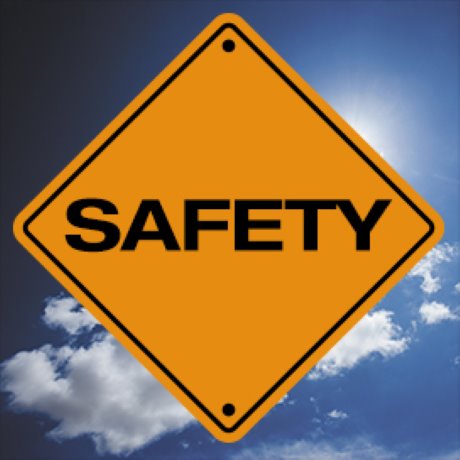There has been much talk and speculation over the oncoming legalization of marijuana and what its impact on our society will be.
This discussion and the consultations taking place are welcomed, but we have noticed that they fail to include any mention of the serious impact on health and safety in the workplace. Problems already exist due to legalized drugs, including legal medical marijuana, in the workplace.
The Ontario government consultation, in fact, does not even mention the impact that this will have on health and safety in the workplace. This is, in our opinion, a glaring omission.
The major scandal in the United States and Canada pertaining to over-prescribed narcotics for pain has spread to the courts.
In Ontario, the WSIB has been concerned for some time over the use of pain medication and its impact on injured workers.
Recently, there have been some very high profile examples of the attitude being taken towards drugs in the workplace: on one site, workers were upset due to another worker’s use of medical marijuana anywhere he liked. This led to conflict and the contractor who did his best to accommodate him had no choice but to remove the offending worker as the others were refusing to work with him. Of course, the contractor is being sued.
In another case, the Elk Valley Coal decision of the Supreme Court upheld the employer’s right to dismiss an employee who was under the influence of drugs when they had an incident.
Closer to home, the TTC has obtained the right to administer random alcohol and drug testing despite strong resistance from the union representation.
The challenge in the construction industry is very clear: the employer has the responsibility to employ only workers who are fit for duty. However, they also have the responsibility to accommodate medicine used for medical or other conditions.
How do you confirm the fitness for duty of a person using drugs or with a prescription that impairs their judgment, ability to operate machinery or complete the tasks necessary on a construction site?
The Ontario General Contractors Association (OGCA) has been raising these questions for over a year and so far the answer provided by the government is a non-answer.
Time and again the request for testing has been rejected by the legal system. Often two things are cited: a person’s right to privacy and the potential danger to the public.
With the coming legalization of marijuana, what will be the rules? Where we know that a person has a problem, we are required to assist them and we do, but once legalized, what stops workers from stepping off site to have a joint with lunch?
The TTC was able to obtain the right to conduct random testing. A key part of the argument was public safety. That makes sense with buses, subways and street cars on the roads, interacting daily with the general public.
One can see the logic of such a point.
Yet those thousands of men and women who work on construction sites everyday should not be afforded the same level of protection. Why?
Look at the massive infrastructure work underway across the province, many being carried out in tight confines within cities. Our sites are dangerous and we work hard to make them as safe as we can. But now, the powers that be feel that we don’t count somehow when it comes to protecting our people from the impact of unknown or recreational drug use.
Coroner’s juries in Ontario and other studies have found that about 35 to 40 per cent of fatal workplace incidents have impairing substances.
Once these changes come into place, one has to fear these numbers will go up.
Legalization of cannabis is coming, so now is the time for a serious discussion on how to deal with the problem. It is time that the rights of the many, in this case, supersede the rights of the few.
Construction sites must be a no go place for any kind of impairment due to drugs or other intoxicants and the tools to ensure that must be given to the industry.
At present, there are no roadside detection devices that can effectively measure marijuana impairment, and no legal marijuana impairment threshold. The same problem will exist on our construction sites unless other tools are made available.
The well-being of our workers is paramount. Failure to address this makes a mockery of all the efforts put forward to ensure our sites are safe and healthy places to work.
The OGCA will be submitting a paper to the provincial consultation but stronger leadership is needed here before the usual suspects try to derail any reasonable measures needed to protect workers.
Clive Thurston is the president of the OGCA. Send comments and Industry Perspectives column ideas to editor@dailycommercialnews.com.











Recent Comments
comments for this post are closed